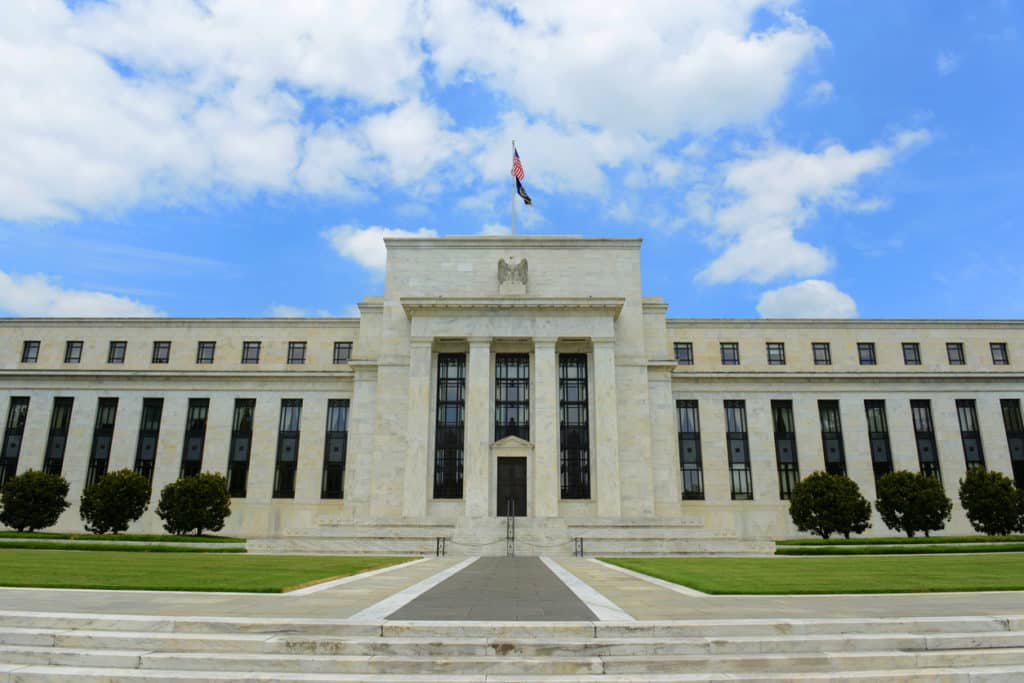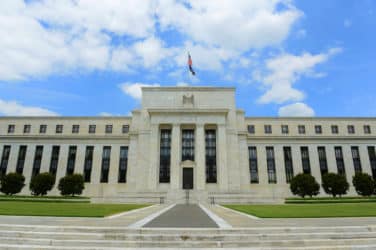
The Federal Reserve Board provided additional details on how its pilot climate scenario analysis exercise will be conducted and the information on risk management practices that will be gathered over the course of the exercise.
As described in the instruction document, the six largest U.S. banks will analyze the impact of scenarios for both physical and transition risks related to climate change on specific assets in their portfolios. To support the exercise’s goals of deepening understanding of climate risk-management practices and building capacity to identify, measure, monitor, and manage climate-related financial risks, the Board will gather qualitative and quantitative information over the course of the pilot, including details on governance and risk management practices, measurement methodologies, risk metrics, data challenges, and lessons learned.
@federalreserve provides additional details on how pilot climate scenario analysis exercise will be conducted & information on risk management practices that will be gathered over the course of exercise: https://t.co/riiZQoaT6d
— Federal Reserve (@federalreserve) January 17, 2023
“The Fed has narrow, but important, responsibilities regarding climate-related financial risks – to ensure that banks understand and manage their material risks, including the financial risks from climate change,” Vice Chair for Supervision Michael S. Barr said. “The exercise we are launching today will advance the ability of supervisors and banks to analyze and manage emerging climate-related financial risks.”
The pilot exercise includes physical risk scenarios with different levels of severity affecting residential and commercial real estate portfolios in the Northeastern United States and directs each bank to consider the impact of additional physical risk shocks for their real estate portfolios in another region of the country. For transition risks, banks will consider the impact on corporate loans and commercial real estate portfolios using a scenario based on current policies and one based on reaching net zero greenhouse gas emissions by 2050. These scenarios are not forecasts or policy prescriptions, but can be used to build understanding of climate-related financial risks.
The Board anticipates publishing insights gained from the pilot at an aggregate level, reflecting what has been learned about climate risk management practices and how insights from scenario analysis will help identify potential risks and promote effective risk management practices. No firm-specific information will be released.
Climate scenario analysis is distinct and separate from bank stress tests. The Board’s stress tests are designed to assess whether large banks have enough capital to continue lending to households and businesses during a severe recession. The pilot climate scenario analysis exercise, on the other hand, is exploratory in nature and does not have capital consequences.
Source: Federal Reserve






